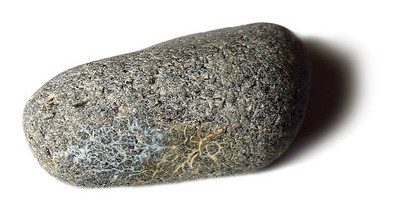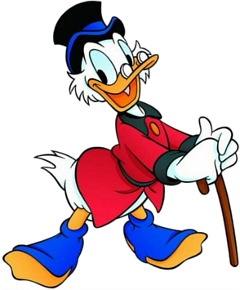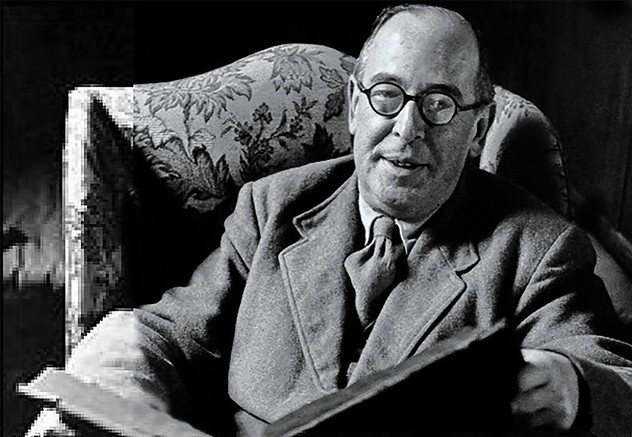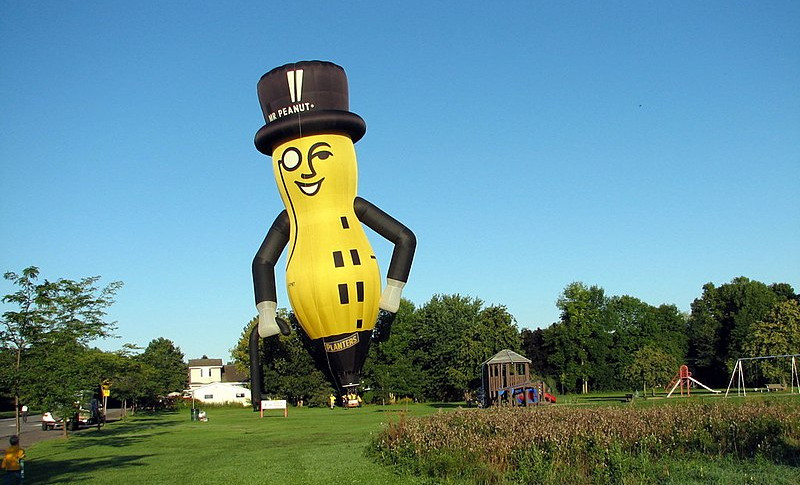“Music is the pleasure the human soul experiences from counting without being aware that it is counting.” — Leibniz
“The composer opens the cage door for arithmetic, the draftsman gives geometry its freedom.” — Cocteau
“All musicians are subconsciously mathematicians.” — Thelonious Monk







